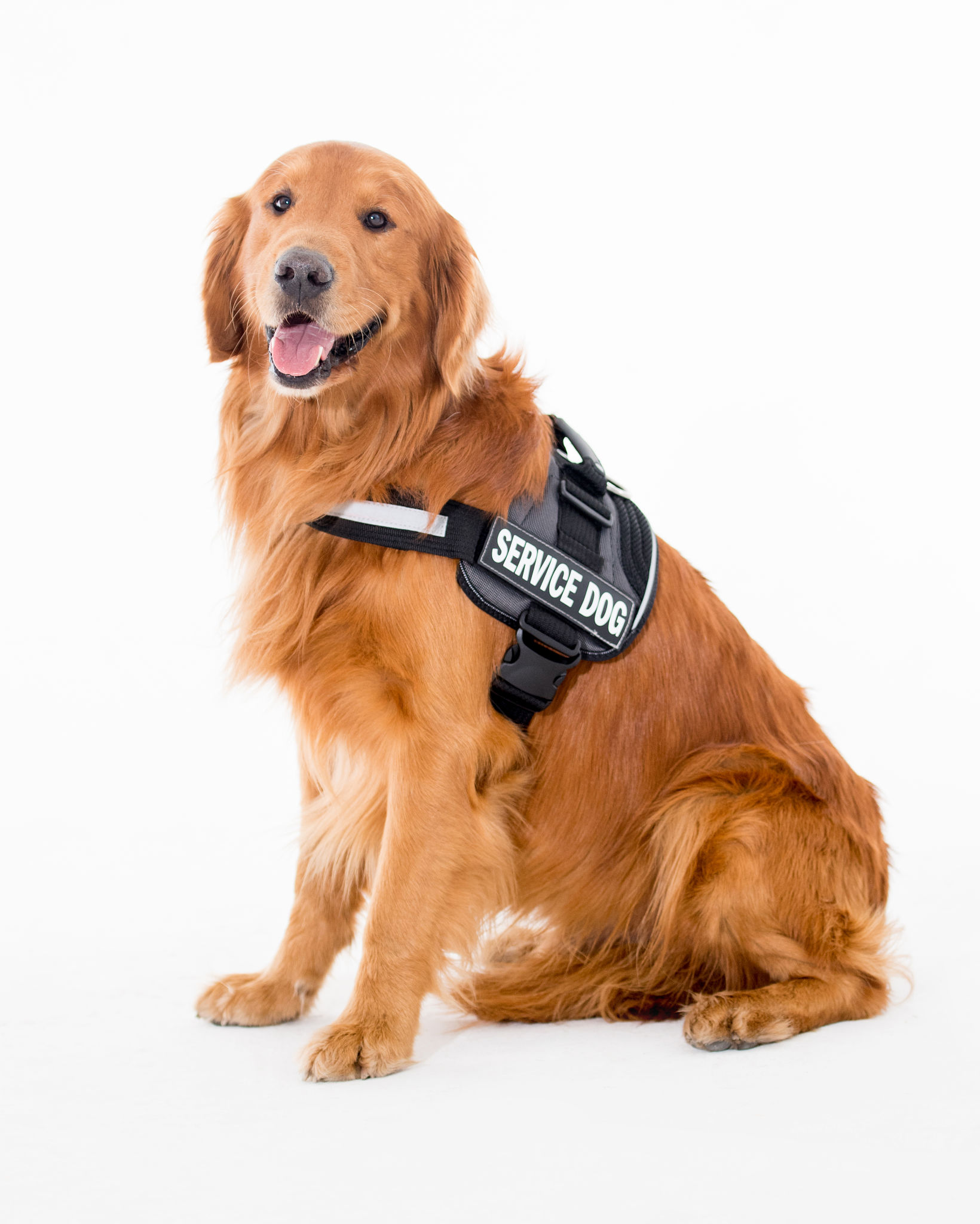Navigating Local Laws for Psychiatric Service Dog Certification in the U.S.
Understanding Psychiatric Service Dogs
Psychiatric Service Dogs (PSDs) play a crucial role in assisting individuals with mental health conditions. These specially trained dogs perform tasks that mitigate their handler's psychiatric disabilities, such as anxiety, PTSD, or depression. Understanding the certification process and local laws in the U.S. is essential for those considering a PSD.
Unlike Emotional Support Animals (ESAs), PSDs are recognized under the Americans with Disabilities Act (ADA), granting them more extensive access rights. This distinction is important, as it affects where your service dog can accompany you.

Federal Laws Governing Psychiatric Service Dogs
The ADA provides the primary legal framework for PSDs across the United States. Under ADA guidelines, PSDs are permitted to accompany their handlers in public places where pets typically aren't allowed, such as restaurants, stores, and public transportation. This access ensures individuals can lead more independent lives without facing unnecessary barriers.
However, it's important to note that PSD handlers must be able to demonstrate that the dog is trained to perform specific tasks directly related to their disability. This training is what differentiates a service dog from a pet or ESA.
The Fair Housing Act
In addition to the ADA, the Fair Housing Act (FHA) protects individuals with psychiatric disabilities by allowing them to have service animals in housing that has a "no pets" policy. Under the FHA, landlords must provide reasonable accommodations for individuals with disabilities, allowing them to live with their service dogs without additional fees.

State and Local Regulations
While federal laws provide broad protections, state and local regulations can vary significantly. Some states have additional requirements or protections for service animals. It's crucial to understand these local laws to ensure compliance and avoid potential conflicts.
For example, certain states may require registration or specific identification for service animals. Knowing these requirements can help prevent misunderstandings with businesses or landlords unfamiliar with federal or state laws.
Registration and Certification
There is no official certification process for psychiatric service dogs at the federal level. However, some states offer voluntary registration or certification processes that can aid in verifying the status of a service animal. It's essential to research your state's specific requirements and determine if registration is beneficial for your situation.

Traveling with Your Psychiatric Service Dog
Traveling with a PSD requires additional preparation due to varying rules across different modes of transportation. The Air Carrier Access Act (ACAA) mandates that airlines allow service animals to accompany their handlers on flights. However, airlines may request documentation to verify the dog's status and training.
When traveling abroad, it's vital to research the destination country's regulations regarding service animals. Some countries have quarantine requirements or restrictions that could impact your travel plans.
Advocacy and Education
Advocating for yourself and your psychiatric service dog is an ongoing process. Educating others about the role and rights of PSDs can help foster understanding and acceptance in your community. Carrying relevant documentation and knowing your rights are effective ways to address any challenges you may encounter.
Resources such as support groups and legal aid organizations can provide additional guidance and support as you navigate the complexities of local laws and regulations.
